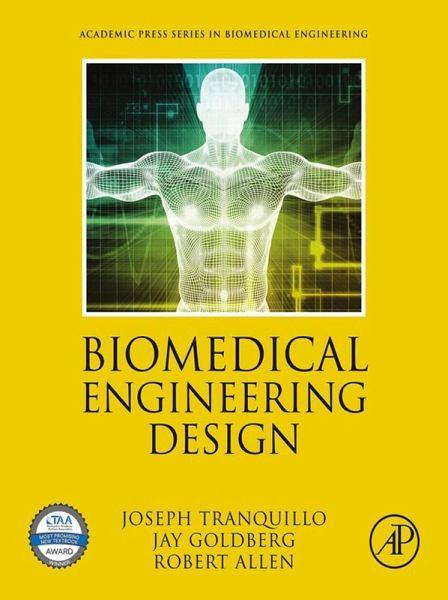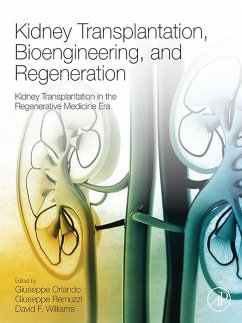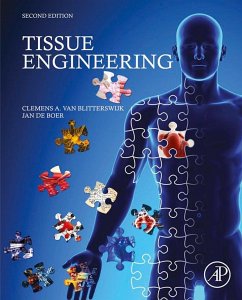
Biomedical Engineering Design (eBook, ePUB)
Versandkostenfrei!
Sofort per Download lieferbar
57,95 €
inkl. MwSt.
Weitere Ausgaben:

PAYBACK Punkte
29 °P sammeln!
Biomedical Engineering Design presents the design processes and practices used in academic and industry medical device design projects. The first two chapters are an overview of the design process, project management and working on technical teams. Further chapters follow the general order of a design sequence in biomedical engineering, from problem identification to validation and verification testing. The first seven chapters, or parts of them, can be used for first-year and sophomore design classes. The next six chapters are primarily for upper-level students and include in-depth discussion...
Biomedical Engineering Design presents the design processes and practices used in academic and industry medical device design projects. The first two chapters are an overview of the design process, project management and working on technical teams. Further chapters follow the general order of a design sequence in biomedical engineering, from problem identification to validation and verification testing. The first seven chapters, or parts of them, can be used for first-year and sophomore design classes. The next six chapters are primarily for upper-level students and include in-depth discussions of detailed design, testing, standards, regulatory requirements and ethics. The last two chapters summarize the various activities that industry engineers might be involved in to commercialize a medical device. - Covers subject matter rarely addressed in other BME design texts, such as packaging design, testing in living systems and sterilization methods - Provides instructive examples of how technical, marketing, regulatory, legal, and ethical requirements inform the design process - Includes numerous examples from both industry and academic design projects that highlight different ways to navigate the stages of design as well as document and communicate design decisions - Provides comprehensive coverage of the design process, including methods for identifying unmet needs, applying Design for 'X', and incorporating standards and design controls - Discusses topics that prepare students for careers in medical device design or other related medical fields
Dieser Download kann aus rechtlichen Gründen nur mit Rechnungsadresse in A, B, BG, CY, CZ, D, DK, EW, E, FIN, F, GR, HR, H, IRL, I, LT, L, LR, M, NL, PL, P, R, S, SLO, SK ausgeliefert werden.













